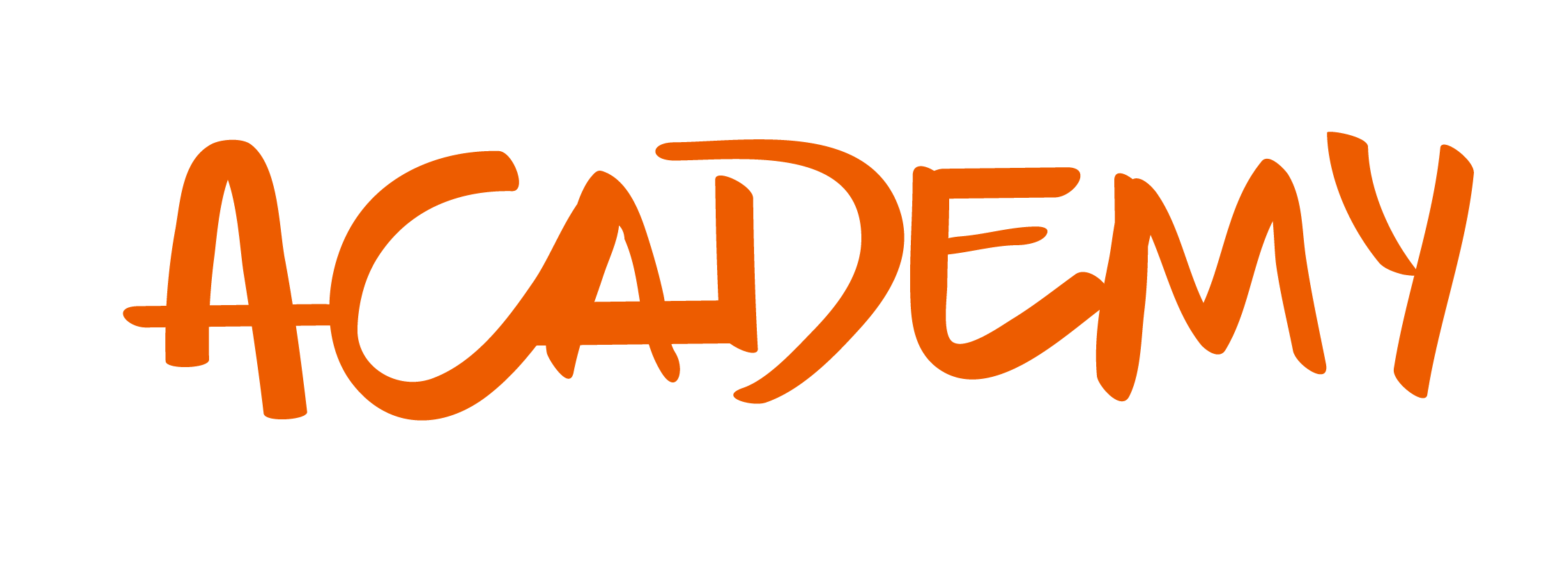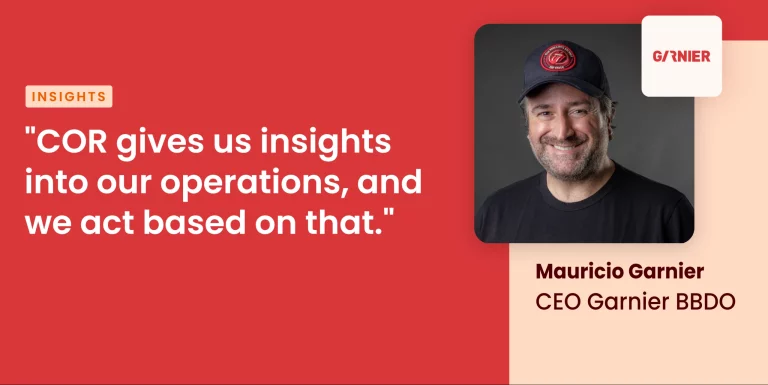Remote work has become an integral part of many creative agencies, allowing teams to collaborate and produce high-quality results from scattered locations. However, coordinating projects and maintaining productivity can present unique challenges in this scattered environment. This is where project management tools play a fundamental role by offering structure, efficient collaboration, and task tracking.
In this article, we will explore three key advantages of using project management tools for remote work in creative agencies.
Efficient Organization and Coordination
Creative agencies, when facing complex projects, require careful coordination among multiple teams and their members. Project management tools provide a centralized platform that acts as the organizational core of the entire process. From this platform, teams can meticulously plan each step of the project, assign tasks fairly, and track overall progress. The ability to create detailed task lists allows for breaking down large projects into more manageable tasks, facilitating their execution and monitoring.
Responsibility assignment is a crucial part of project management in creative agencies. Management tools allow for assigning specific tasks to each team member, ensuring that everyone is aware of their roles and responsibilities in the project. This not only promotes transparency but also prevents confusion and misunderstandings that may arise in a collaborative environment.
Establishing clear and realistic deadlines is essential to keep the project on track and avoid delays. Project management tools offer the ability to set deadlines for each task and project as a whole. Additionally, integrated calendar functions allow teams to easily visualize deadlines and important events, aiding in prioritizing tasks and resources effectively.
Automatic reminders are a valuable feature of these tools, as they help keep teams informed about upcoming deadlines and important events. This ensures that no milestone is overlooked and that the project progresses smoothly and without hiccups. These combined features enable efficient project management, ensuring timely and successful project delivery in creative agencies, regardless of the physical location of team members.
Transparent Collaboration and Effective Communication
The ability to share files and documents in real-time is a particularly useful feature of these tools. It allows team members to access relevant information anytime, anywhere, eliminating the need to send files via email or use external cloud storage services. This not only streamlines workflow but also ensures that everyone is working with the most up-to-date and accurate information.
Transparency in communication is essential to keep all team members informed and engaged with the project. Project management tools enable seamless and transparent interaction, where all comments and discussions are logged and accessible to everyone involved. This promotes a culture of open and collaborative work, where participation is encouraged, and the contributions of each team member are valued.
Tracking and Progress Evaluation
Tracking the progress of the project is essential for identifying potential challenges and making adjustments as necessary. Project management tools offer a variety of tracking functions that allow project managers and team members to monitor the progress of tasks and evaluate the overall performance of the project.
Tracking the time spent on each task is an integral part of project management. These tools allow team members to log the time spent on each task, providing a clear view of how time is being utilized and where improvements in efficiency can be made. This helps identify potential bottlenecks and reallocate resources as needed to keep the project on track.
In addition to time tracking, these tools also offer the ability to generate detailed progress reports. These reports provide a snapshot of the current status of the project, including progress made to date, milestones reached, and any issues or challenges identified. This allows project managers and stakeholders to evaluate the project’s performance and make informed decisions about the way forward.
Project management tools not only facilitate efficient organization and coordination of remote work in creative agencies but also provide a means for transparent collaboration and effective communication. At the same time, they enable continuous tracking and evaluation of project progress, helping to ensure that project objectives are met and high-quality results are delivered in a timely manner.
Conclusion
The ability to establish clear deadlines, assign specific tasks, and track project progress ensures smooth and timely execution of creative projects. Automatic reminders and integrated calendar functions prevent delays and ensure that no important milestones are overlooked. Additionally, the transparency in communication and effective collaboration promoted by these tools create an environment conducive to innovation and creativity.
By enabling continuous monitoring of project progress and evaluation of its performance, project management tools allow creative agencies to identify areas for improvement and make informed decisions about the way forward. These tools not only facilitate successful project delivery but also strengthen team cohesion and enhance agencies’ ability to meet the changing demands of the market.













